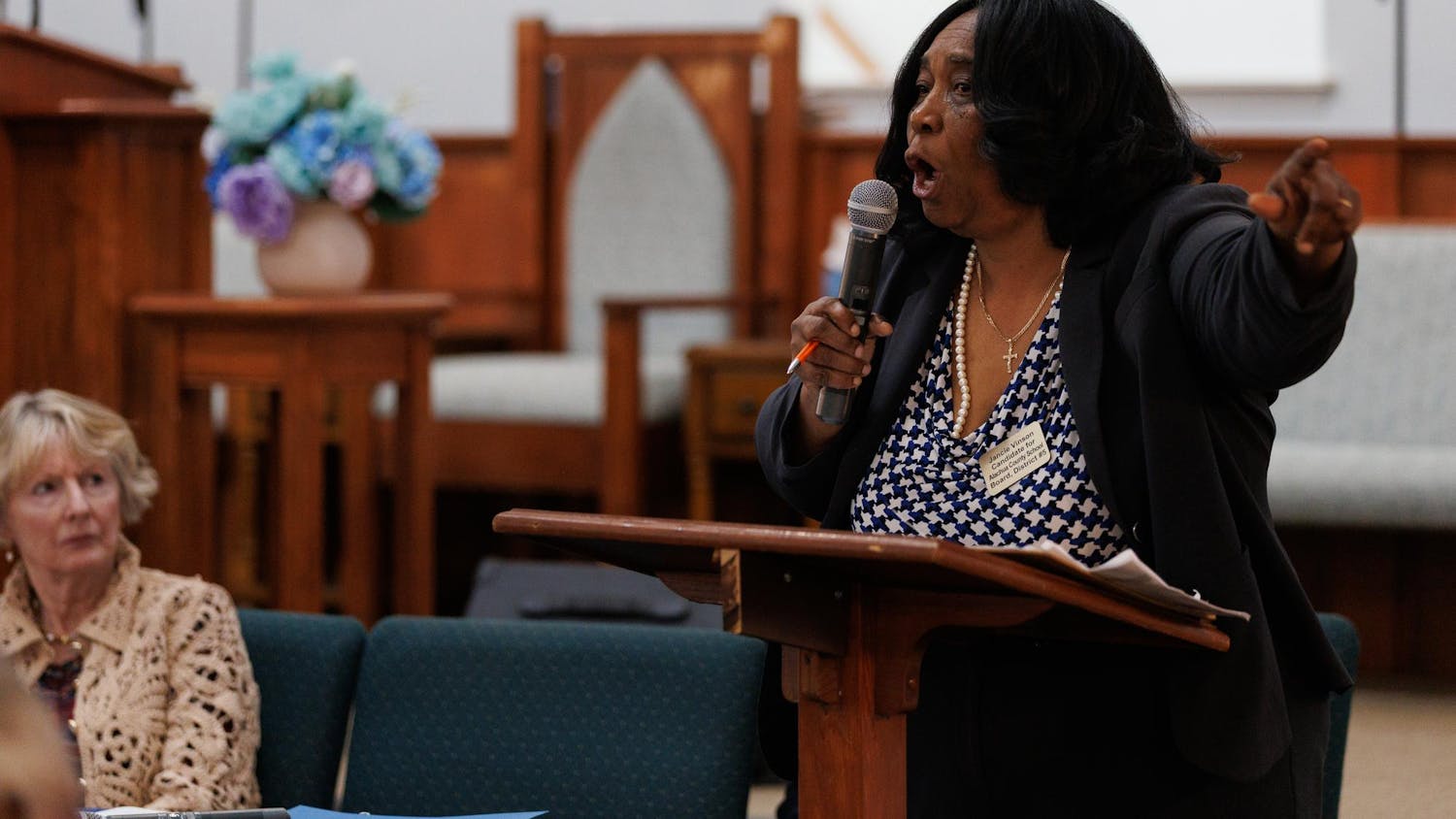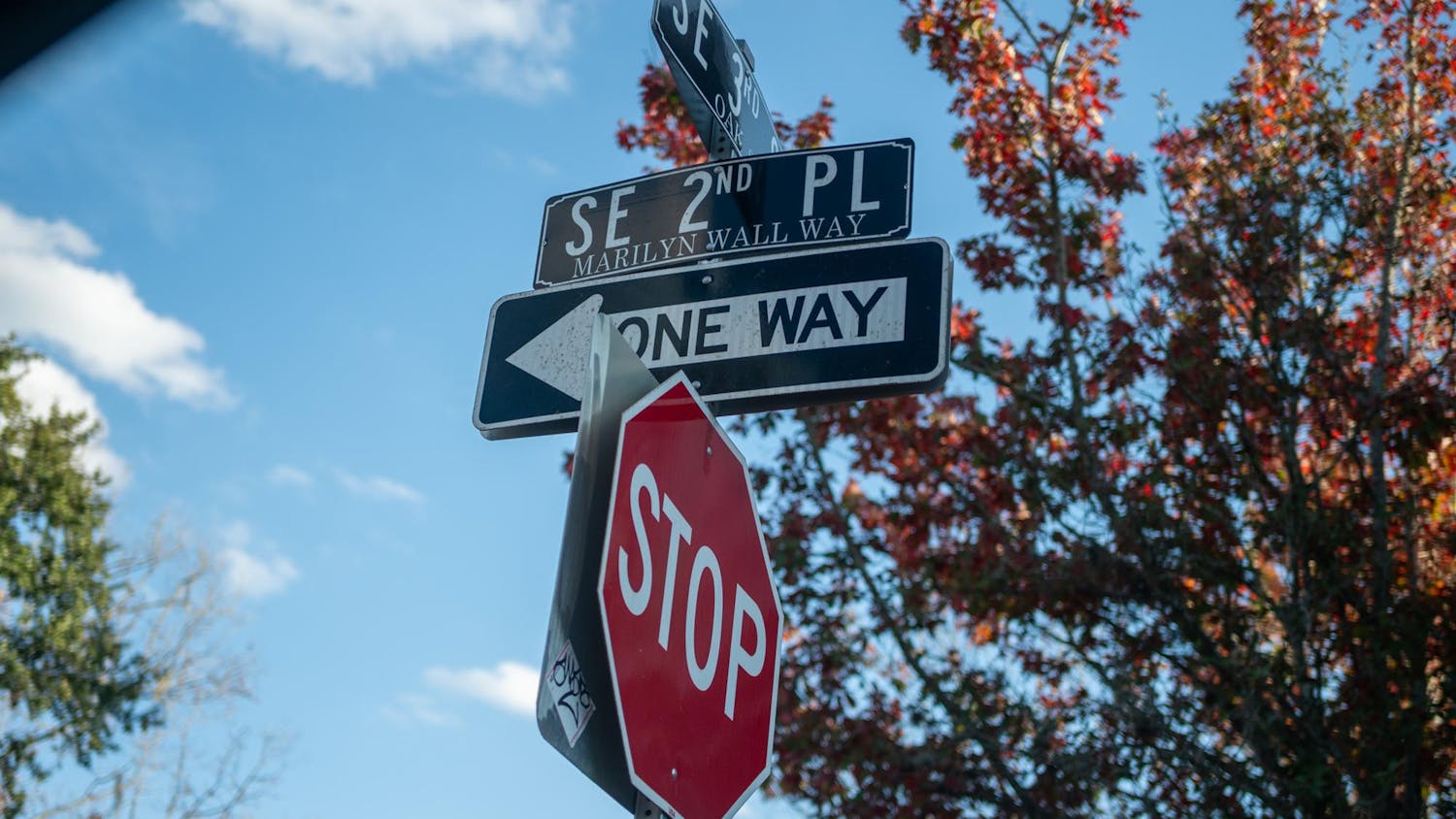Earlier last month, the first of the Democratic Party debates for the 2016 U.S. presidential election commenced in Las Vegas, Nevada, broadcast on CNN with Anderson Cooper as the moderator.
As far as presidential debates go, it’s conventional to hear hollow rhetoric without substance; in all fairness, with short time limits and so many topics to go over, it’s quite difficult to do anything other than that in televised debates.
Perhaps that’s one of the ills of using a technology in which we can only hear fragmented sound bites of what aspiring leaders would supposedly like to do.
This column’s purpose is not to critique one candidate or advocate for another, but to critique what was not said and brushed over — namely, the disparities of the criminal punishment system along lines of race.
Most of the candidates held criticisms of the system, positing the U.S. has a criminally large prison population and most of the growth in recent decades has been attributed to increased police surveillance in communities of color as a product of the war on drugs initiated by the Nixon administration.
There is also a disproportionate number of people of color landing in prisons and jails due to the legalized measures of mandatory minimum sentences associated with nonviolent drug offenses in many states.
To provide some context, the U.S. has 5 percent of the world’s population while it has 25 percent of the world’s prison population. For more staggering statistics, more than 60 percent of U.S. prisoners are people of color, one in three black men will experience imprisonment at some point in his life and women are the fastest growing portion of the prison population, and two-thirds of them are women of color.
The candidates at the debate called the system defunct and in need of reform. They’re certainly correct in their declarations, as prisons have developed into a major institution that is not a vehicle of preventing crime but rather a vehicle for criminalizing poor people and people of color.
Prisons have been preserved as a substitute for increasing public infrastructure, funding public schools and addressing public health. A bill approved in the Florida Senate Criminal Justice Committee earlier last month would allow judges, of their own volition, to give drug offenders lighter sentences than the well-established mandatory minimums if passed.
It brings into question if reforming prisons is enough. I doubt it.
There is more at work than harsh sentencing laws for nonviolent crimes, which was scarcely mentioned in the debate. Many drug offenses are felonies, and depending on what state one is in, one can be barred from public housing and welfare benefits, as well as be discriminated against when applying for employment and disenfranchised from voting.
As of 2004, more black men were denied the right to vote than in 1870, the year the 15th amendment was ratified, said Michelle Alexander, the author of "The New Jim Crow: Mass Incarceration in the Age of Colorblindness."
The 15th amendment prohibits any law that denies someone suffrage on the basis of race.
During the debate, candidates were given this question: Do black lives matter, or do all lives matter?
The candidates almost reached the consensus that black lives matter. If they’re genuine with that assertion, they need to look at how laws that land poor people and people of color in prison at grotesque rates decrease the chances for these individuals to enjoy happy, fulfilled lives.
We need to reassess how we conduct our judicial system, as well as our prisons.
Aubrey Krampert is a UF journalism junior. Her column appears on Thursdays.





